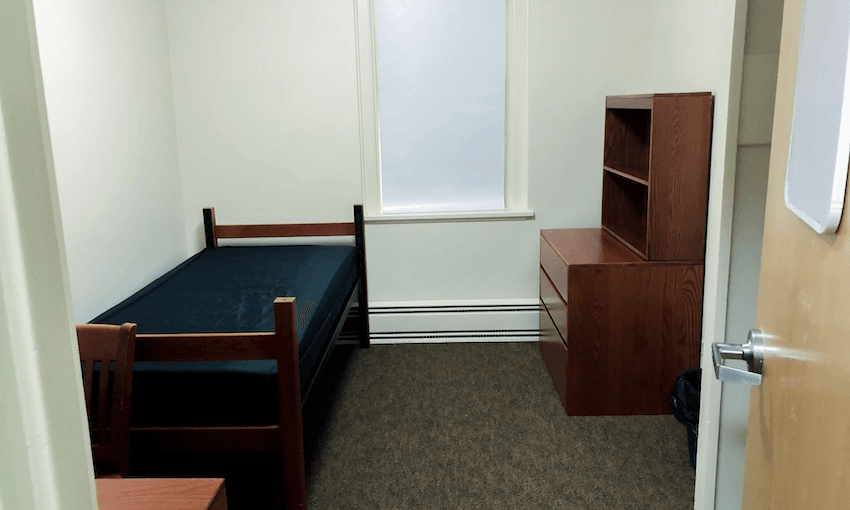Final year law student Elliott Harris has been researching the new pastoral care code of practice, and in a piece he worked on with NZUSA’s Isabella Lenihan-Ikin, says universities are already attempting to push the boundaries of acceptable behaviour.
The decision of several New Zealand universities to charge accommodation fees even though Covid-19 restrictions prevent students from being at their halls of residence is contrary to the purposes and principles of new pastoral care legislation.
In late 2019, in response to the tragic death of a first-year student living in University of Canterbury student accommodation, the minister of education introduced the Education (Pastoral Care) Amendment Act 2019, which fills a regulatory gap in minimum standards of pastoral care owed by tertiary education providers to domestic students. It was enacted quickly and became operational from January 1, 2020 through the establishment of an interim code of practice.
The pastoral care scheme requires all tertiary education providers (universities, polytechnics and wānanga) to take all reasonable steps to maintain the wellbeing of domestic tertiary students. The key purpose of the scheme is to ensure students have a positive experience that supports their educational achievement. In essence, as of January 1, 2020, tertiary education providers in New Zealand have been subject to explicit legal obligations to care for their students’ wellbeing by providing safe, healthy and supportive learning environments for personal development. The obligations of the scheme apply to institutions generally, accompanied by more specific provisions for student accommodation. This is particularly important given that students living in halls of residence derive limited protection from the Residential Tenancies Act 1986.
This legislation attempts to address a number of interrelated social issues that tertiary students experience in New Zealand. The increasing cost of living and mental health problems are now central to lived experiences of economic and social vulnerability for tertiary students. Unprecedented student loan debt and limited weekly government support fuels these issues. The purpose of the scheme is to exchange prevailing cultures of minimum intervention with ones of constructive and self-regulating best practice. However, despite parliament explicitly mandating a new vision of a caring tertiary education sector, we have seen tertiary providers already attempt to push the envelope of acceptable behaviour.
Charging accommodation fees while students are legally unable to live or move back into their student accommodation is contrary to the requirements contained in the interim code to ensure that student accommodation has “appropriate insurance cover” and be “funded adequately”. Per the interim code, student accommodation providers have to ensure that the accommodation responds to the “needs of a student experiencing difficulties and where practicable is adjusted as necessary to address those difficulties”. Requiring students to pay fees for services that are not being provided is not responsive to the ubiquitous difficulties that students are currently experiencing.
Recent events suggest that tertiary education providers place a higher value on their international image than the wellbeing of their undergraduate students. The University of Auckland’s weaponising of the equivalent code for international students in 2019 to essentially expel a young woman experiencing mental health difficulties following a sexual assault provides further evidence to this state of affairs. Already concerns have been raised as to the effectiveness of the domestic interim code after events at Victoria University of Wellington’s Te Puni Village that suggested mechanisms for after-hours contact with staff were not fit for purpose.
Submissions made by student advocates on the pastoral care scheme focused on concerns that any code of practice would more likely be used as a weapon by tertiary education providers to limit their own liability rather than to protect the wellbeing of their students. Given that providers can be subject to heavy civil liability or criminal sanction for serious breaches of the scheme, they are incentivised to view students not as human beings but rather as physical representations of risk. Continuing to charge accommodation fees during a global pandemic is but a further manifestation of this.
Tertiary education providers must reassess their decision to continue to charge fees of students not currently living in student accommodation due to the Covid-19 outbreak. Not only is it extremely bad taste, it is contrary to parliament’s recent indication that providers are no longer to view their students solely as sources of revenue.



